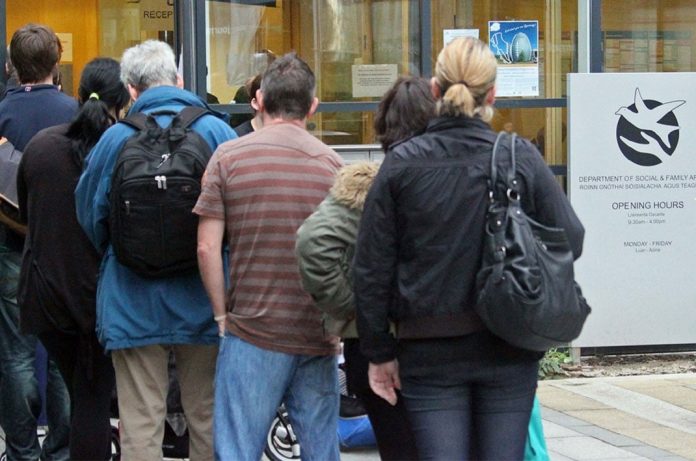by HRHQ Editorial Team
Both Ireland and Northern Ireland have seen an increase in inward migration in recent decades. However, in Ireland, a larger share of the working-age population was born abroad (20 per cent) than in Northern Ireland (9 per cent), with the majority of migrants in both jurisdictions born in Europe.
New research conducted under the joint research programme between the Department of Taoiseach’s Shared Island Unit and the ESRI looks at migrant integration on the island of Ireland. It examines how migrants are faring in employment, education, as well as attitudes towards migration in Ireland and Northern Ireland and migrants’ experiences of cross-border travel since Brexit. It uses the latest comparable national and international survey data and insights from a consultation event with migrants and migrant organisations in October 2022.
Key findings
- A significant proportion of those born outside of the island are citizens of their new places of residence (Ireland or Northern Ireland). This share is greater in Ireland, where 35 per cent of migrants are Irish citizens, than in Northern Ireland, where 17 per cent of those born outside the UK are British citizens.
- In both jurisdictions, most migrant groups are highly skilled and more likely to have third-level qualifications than the native-born population, though the skills profile of migrants is generally higher in Ireland than in Northern Ireland.
- Migrants in both jurisdictions have high employment rates, particularly EU migrants. A higher proportion of migrants in both jurisdictions work in professional/managerial jobs than non-migrants. Nonetheless, East Europeans in both jurisdictions are much less likely to be in professional managerial jobs.
- In Ireland, there was little difference in either academic achievement scores or well-being at age 15 between migrant-origin children and their Irish-origin peers. In Northern Ireland, first generation migrant-origin children have considerably lower achievement scores in English reading and mathematics than their Northern Irish/UK origin peers. Second generation migrant-origin children in Northern Ireland have similar achievement scores but have lower well-being than young people of Northern Irish/UK origin.
- In 2017/2018, attitudes to migrants are more favourable in Ireland than in Northern Ireland on a range of outcomes measured. These differences in attitudes appear to be mostly explained by people in Ireland being more likely to have migrants in their social networks, being more optimistic about the future, and being more likely to believe their voice is heard in politics than people in Northern Ireland. All these factors are associated with more favourable attitudes to migrants and migration.
- Cross-border travel can be a fraught experience for some migrants and Brexit has exacerbated this issue. A consultation event held with migrant rights organisations highlighted how some migrants may be effectively excluded from participation in cross-border activities such as sports and education-related events. A reported lack of clarity around rights has led to considerable feelings of fear and uncertainty among migrant groups. This, in turn, can negatively impact migrants’ integration on the island.
- Stakeholders at the consultation also raised the issue of immigration checks and how ethnic minority migrants are much more likely to be checked while travelling across the border than migrants who look the same as most people living on the island.
Report co-author, Frances McGinnity stated: ‘Migrants make a substantial contribution to the economy and society in both Ireland and Northern Ireland, but they can also face challenges in the labour market, as well as in cross-border travel and access to work and services. Some of these challenges appear greater in Northern Ireland, such as facing more negative attitudes about migration or in the achievement of the children of migrants in school. Differences in attitudes appear to be mostly explained by people in Ireland being more likely to have migrants in their social networks, being more optimistic about the future, and more likely to believe their voice is heard in politics than people in Northern Ireland.’
View the full report here











































